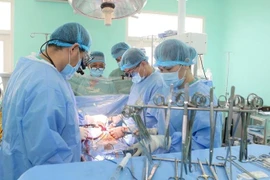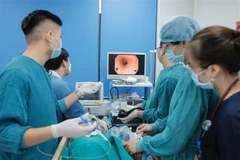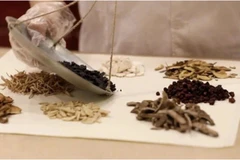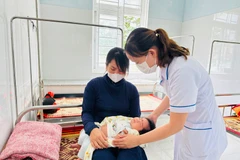
Hanoi (VNA) - Vietnam has emerged as Southeast Asia's leader in organ transplantation, performing over 1,000 procedures annually, but it faces significant challenges in brain-dead donor donations, according to a health official.
At the launch ceremony of the inter-hospital association for human tissue and organ donation in the southern region on December 23, former Health Minister Assoc. Prof. Dr. Nguyen Thi Kim Tien, President of the Vietnam Tissue and Organ Donation Campaign Association, highlighted that the country conducts the highest number of organ transplants in the region, including some 100 liver transplants, 90 heart, 13 lung, and two small intestine ones each year.
According to Assoc. Prof. Dr Nguyen Hoang Bac, Director of the University Medical Centre Ho Chi Minh City, Vietnam has mastered transplant techniques despite entering the field years after other countries while marking significant technological advancement in Southeast Asia.
However, the country documents the lowest rate of brain-dead organ donations in the region. While developed nations report 50-90% of organ donations coming from deceased donors, Vietnam shows an inverse trend, with 96% of transplants relying on living donors.
This imbalance largely stems from a deep-rooted traditional belief that bodies should remain intact after death./.



























